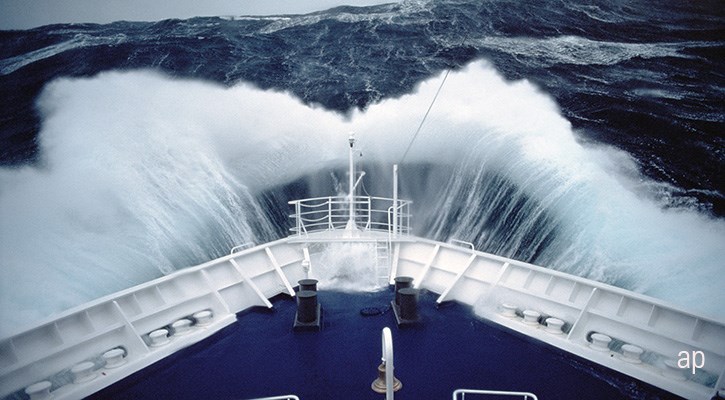
Flows into funds designated Article 8 and 9 under the European Union’s sustainable finance directive regulation (SFDR) have weathered the triple storm of inflation, geopolitical risk and market volatility to grow by 8.5% in the first quarter of this year. Assets in the strategies now stand at €4.18 trillion, a Morningstar report reveals.
Flows into each category differed, however. In the first quarter of this year, article 8 funds actually shed €3.3 billion as investors pulled money out. Article 9 funds, meanwhile, registered inflows of €8.6 billion.
"After strong inflows in 2021, it’s the so-called 'light green' (Article 8) funds that suffered the most from the challenging market environment in Q1, as they recorded outflows," says Morningstar global director of sustainability Hortense Bioy.
"The so-called 'dark green' (Article 9) funds proved more resilient by registering inflows."
Collectively, both designations accounted for an even bigger share of the EU fund universe. By the end of March, article 8 and 9 funds represented 45.6% of the overall fund market by assets. That’s up from the 42.4% share recorded just three months before.
Product development has slowed, though, with an estimated 138 new products in both categories hitting the investment shelves in the first quarter – a nearly 50% drop on the final quarter of 2021 – though the launches still represented 47% of the total new funds brought to market in the EU during the period.
"Despite a slump in product development during the quarter, asset managers continued to expand the range of Article 8 and Article 9 options available to investors in terms of asset class, market exposure, investment style, and theme. Asset managers also continued to upgrade funds to Article 8 and Article 9," Bioy says.
French asset manager Amundi, US fund giant JPMorgan, and Danish investor Nordea were the top three providers of Article 8 funds by March this year, while Switzerland's Pictet, France’s BNP Paribas, and US goliath BlackRock were the top three providers of Article 9 strategies.
Later this year, financial advisers will encounter new rules regarding how they advise on ESG products within the SFDR framework. Though the move is largely welcomed by industry figures, challenges remain, particularly concerning the use of data, and the persistence of so-called “greenwashing”.










:quality(80)/cloudfront-us-east-1.images.arcpublishing.com/morningstar/6BCTH5O2DVGYHBA4UDPCFNXA7M.png)

















